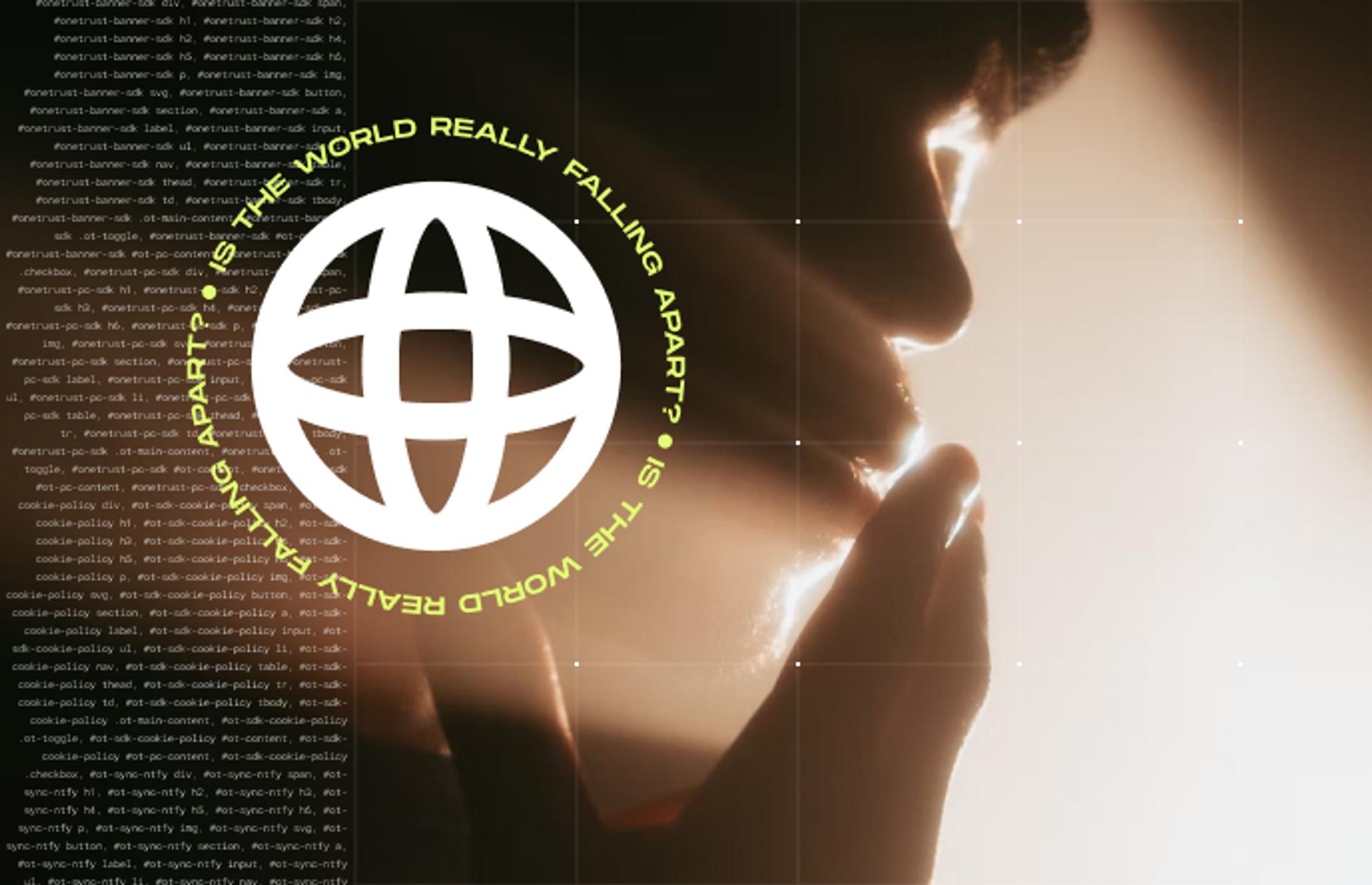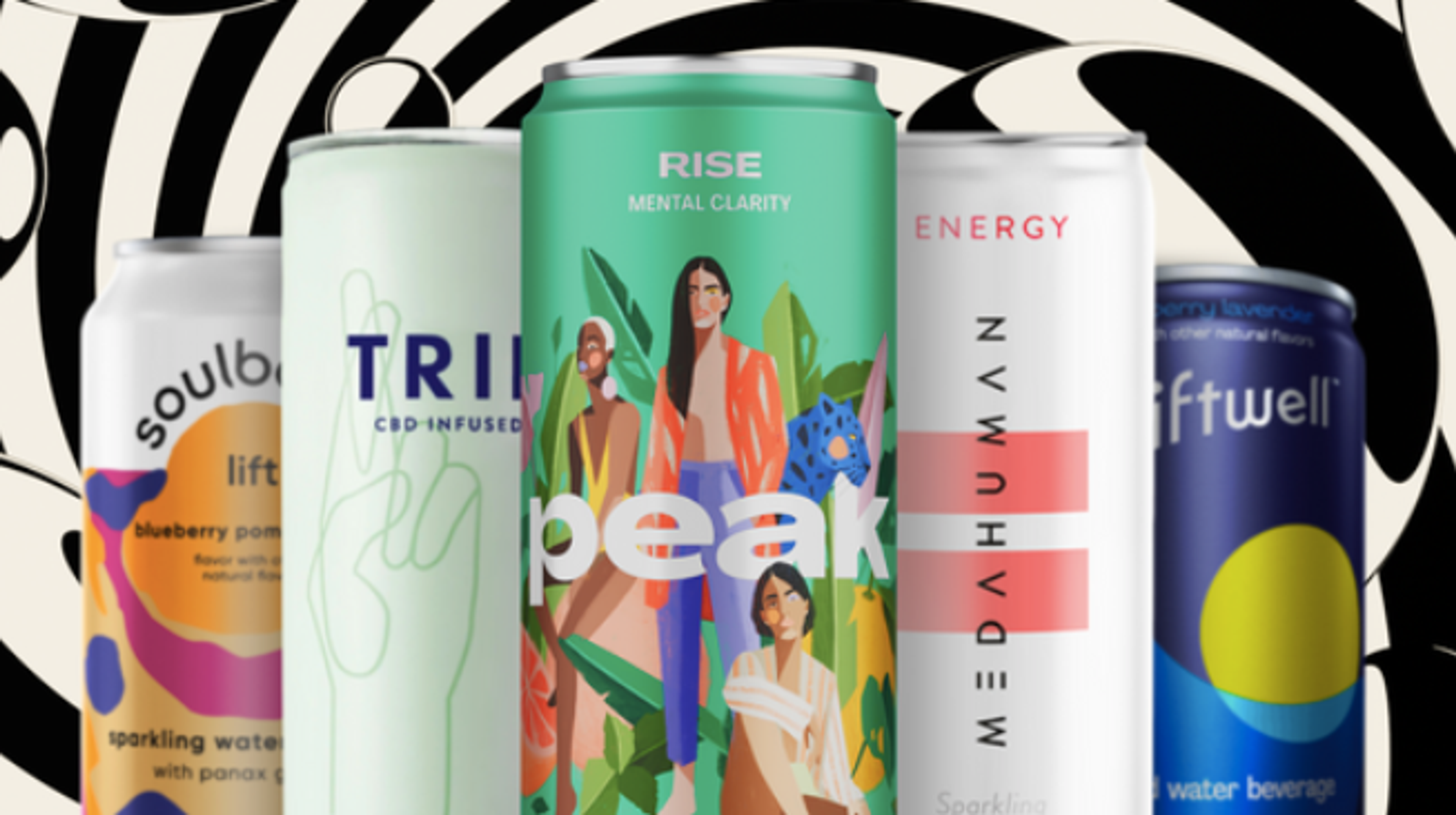Things aren’t as bad as we think

NEVERBLAND®
06.12.2022

Reading the news is grim. A glance at the headlines offers an increasingly exotic array of fears in 2022. These range from the little jolts you get when reading stories about egg rationing or workforce strikes, to the more depression-inducing tales of ambulance shortages in the UK, escalating war in Europe and an enduring cost of living crisis. Even the FIFA World Cup, usually an ecstatic exercise in escapism, has been darkened by the fetid stench of human rights abuses, corruption and the fact that dirty cash is the reason that nobody can watch an England game outside in a sunny beer garden.
All this contributes to the impression that things are getting steadily worse. Fortunately, the evidence behind the spin indicates that this isn’t necessarily – the case. Consider this: crises, tragedies and devastating events occur suddenly. The hospital burns down, the currency collapses, the conflict breaks out. By contrast, progress and improvement are, by nature, more gradual. Democracy proliferates, life expectancy increases, quality of life improves. Slow things like this lack dramatic intensity, which is why good news is boring. But with the bad sort coming so thick and fast, I think a spot of tedium might be restorative. So here goes.
It’s getting better all the time Steven Pinker, the feted philosopher explores this idea in his 2018 book, Enlightenment Now: The Case for Reason, Science, Humanism and Progress. He mentions that globally, we are getting cleverer – much cleverer. IQ scores have increased by 30 points in the last century, that means that someone with an average intelligence today would fare better in a test than 98% of people who were alive then. The reasons? Nutrition, education and an easier transference of ideas.
Another way that our world is improving is through a more widespread participation in democracy. While some newspapers would peddle the idea that democracy is on the run from creeping despotic regimes, look a little further and you’ll see a long term trend for more people choosing who should lead them, and how they should be led. Two-hundred years ago, only 1% of the world’s population lived in societies like this. Now two-thirds of people do. Progress is gradual.
You’ll note that the above examples are observable in centuries rather than years or months. But look closely and there are positive stories gathering momentum in the short term too.
Take COP27, few anticipated that this Davos-style get-together would be instrumental in halting climate change, but negotiations offered a skip in progress observable in the “loss and damage” fund, a pot of money that rich nations will contribute to poor ones that are suffering most from fossil fuel-related activities.
More good climate related news arrived this month as the Global Carbon Budget, a report that projects greenhouse gas emissions and how they will be absorbed, was released. The research showed that humanity’s carbon output is slowing at last. In the early 2000’s, the rate of these emissions climbed by around 3% a year, in the last ten years it has dropped to 0.5%. There’re more to be done – but hope and optimism is a better attitude to progress with than doom, gloom and pessimism.
Do you feel optimistic (in a realistic, pragmatic sort of a way)? If so, we’d love to be in touch. Neverbland helps build hopeful businesses that make the world better.
Related articles

Reaching your Peak Potential
4 min read


